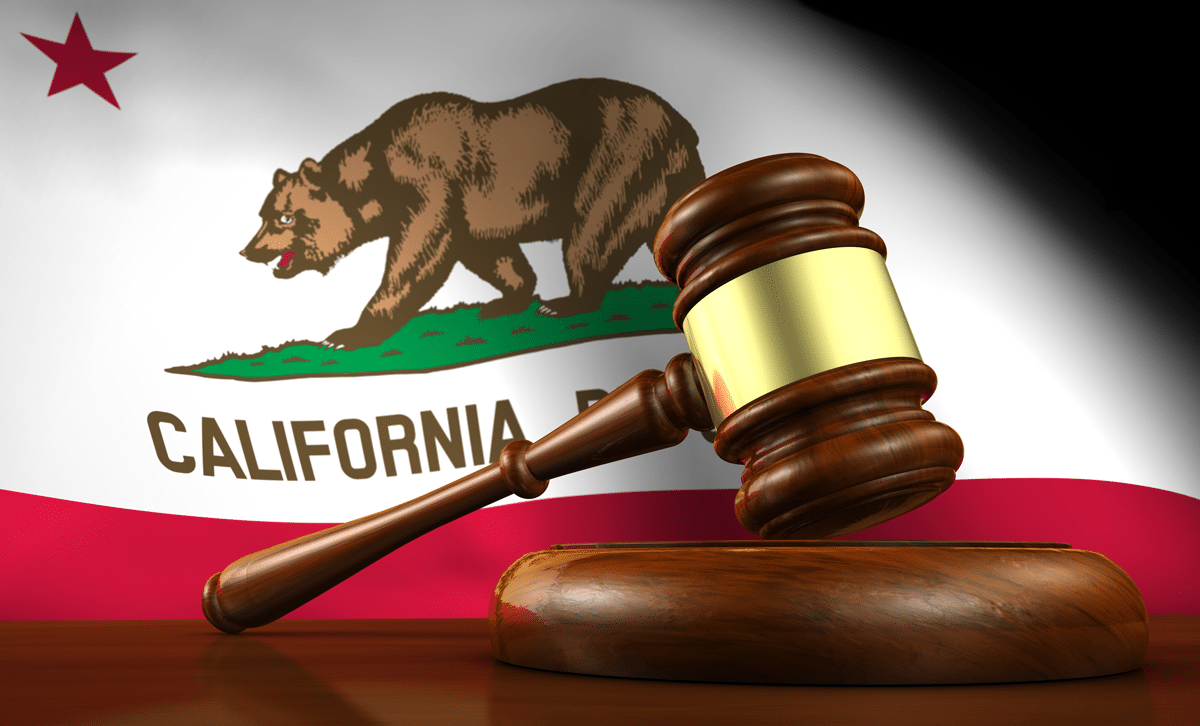Earlier this month, the California Senate Business, Professions and Economic Development Committee held a hearing and voted on AB 2546. At hearing opponent lobbyists argued, in part, that its proponents effectively ask the legislature to disregard established legal precedent under the guise of consumer protection. Opponents set forth the prejudicial financial impact that would befall the eCommerce sector and the state of California.
Ultimately, the Bill was passed based upon the “author’s” willingness to work on various critical amendments of significant concern for email marketers.
The Intellectual Property Law Section and the Internet and Privacy Law Committee of the Business Law Section of the California Lawyers Association have now issued a joint letter opposing AB 2546.
In doing so, the CLA highlighted necessary changes to the Bill, and that:
- Expanding the definition of “commercial email advertisement” in §17529.1 to include categories of advertisements beyond those conventionally considered to be “commercial” advertisements for goods and services risks preemption of §17529.1, at least as applied to certain of the expanded categories. In particular, the inclusion of “credit, stocks, bonds” and “extension of credit” refer to advertisements for financial products that are regulated by the U.S. Securities and Exchange Commission, the Consumer Financial Protection Bureau, the Federal Reserve System, the Federal Deposit Insurance Corporation, the Office of the Comptroller of the Currency and the Office of Thrift Supervision. To the extent that §17529.1 seeks to regulate advertisements for those financial products and services, it is likely subject to either express or field preemption as applied to advertisements for those services;
- AB 2546’s change to §17529.5(b)(2) would expand liability for the statutory penalties to materially false and misleading content in the body of the email, without requiring any actual damages. This expansion is unnecessary since email recipients already have a remedy for “untrue or misleading” statements under § 17500 and would circumvent the requirements under § 17500 that a plaintiff demonstrate either intent or a reckless disregard for the truth and the requirement under Proposition 64 that a plaintiff have “suffered injury in fact and has lost money or property as a result. CLA asserted that the proposed change would create a separate strict liability standard solely for email advertisements with no rational basis therefor, and subject them to the abuses of vexatious litigants that Proposition 64 sought to eliminate;
- The provision in §17529.5(c) that requires courts to treat header information, such as the “From” line and “Subject” line, separately from other parts of the email, conflicts with existing case law and may be subject to pre-emption under the CAN-SPAM Act;
- The proposed amendments to the provision of §17259.5(b)(2) that reduces mitigated damages for commercial email advertisers that use “due care, practices and procedures reasonably designed to effectively prevent” effectively make the exercise of such a defense more difficult by imposing burdensome training and record keeping requirements
- The proposed changes would complicate what legitimate marketers must do to show “due care” or to satisfy recordkeeping obligations; and
- The Legislature should respect commercial speech and that the proposed changes fail to advance a substantial governmental interest.
Please contact the author to discuss the status and potential implications of AB 2546 or if you are a defendant in an anti-SPAM lawsuit.
Richard B. Newman is an email marketing compliance and defense attorney at Hinch Newman LLP. Email him at rnewman@hinchnewman.com. Follow him on LinkedIn at FTC Defense Attorney.
ADVERTISING MATERIAL. Informational purposes only. Not legal advice. Always seek the advice of an attorney. Previous case results do not guarantee similar future result. Hinch Newman LLP | 40 Wall St., 35th Floor, New York, NY 10005 | (212) 756-8777.




